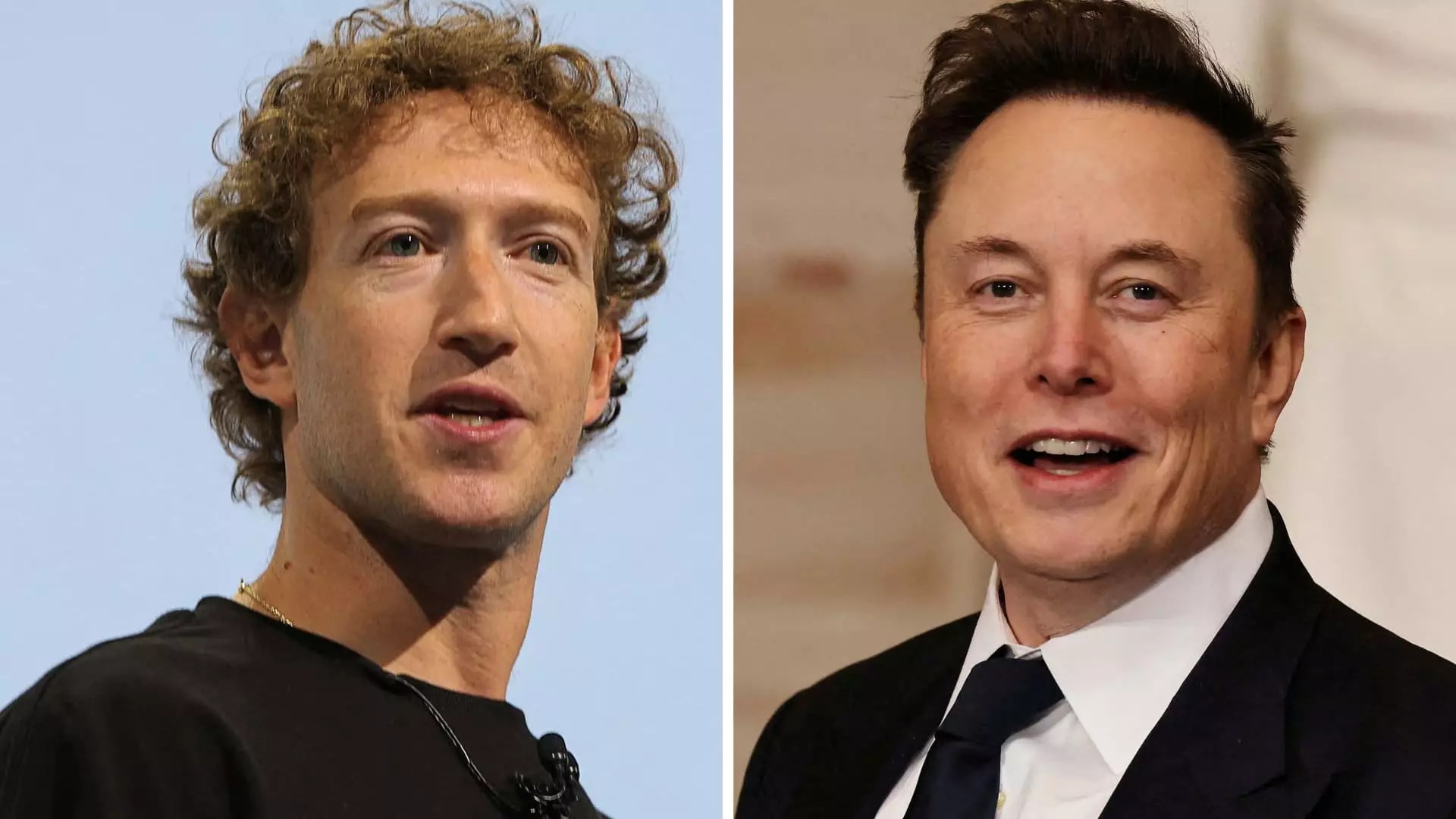In the rapidly evolving domain of artificial intelligence, few stories reveal the true nature of power and ambition more vividly than the ongoing conflict between Elon Musk and the AI establishment led by OpenAI. At its core, this isn’t just about technology—it’s about control, influence, and the race for brainpower that could redefine the future of civilization. Musk’s latest attempt to orchestrate a $97.4 billion takeover of OpenAI signals a dramatic shift, exposing the fragile alliances and fierce rivalries that underpin the tech industry’s most influential players. It’s not a simple business transaction; it’s a deliberate move in a high-stakes game where narrative, money, and ideology collide.
Musk’s overtures to Meta’s CEO, Mark Zuckerberg, to finance this colossal bid reveal a subtle but aggressive strategy designed to leverage broader technological ecosystems against OpenAI’s current dominance. The legal disclosures show Musk’s desperation and cunning, yet also underline the fragility of his alliances. While Zuckerberg’s company has been heavily investing in its own AI capabilities, the attempt to sway Meta into an investment indicates Musk’s wider plan to destabilize OpenAI’s standing and push his own xAI venture into the limelight. This kind of behind-the-scenes maneuvering is characteristic of the modern tech sector, where shadow negotiations and legal battles often precede major upheavals.
Beyond the business maneuvering, an undercurrent of ideological conflict runs deep. Musk’s reluctance to accept OpenAI’s transition into a for-profit entity illustrates a fundamental clash: innovation grounded in altruism versus monetized expansion. Musk’s vision for AI is rooted in unchecked innovation—free from the constraints of corporate greed—yet the industry’s pivot to profit has galvanized his opposition. His lawsuits and public attacks aren’t just personal vendettas; they are indicative of a broader clash over ethics, control, and what kind of future AI should shape. By trying to crush OpenAI’s evolution, Musk underscores his belief that AI should remain a force for societal benefit rather than corporate profit.
Meanwhile, Meta’s role reveals a complex layer of corporate strategy. Despite denying involvement in Musk’s proposed bid, the company’s aggressive push to develop its own AI and poach top talent suggest it sees AI as the next gold rush. Their heavy spending on research and talent acquisition indicates a desire not just to compete but to dominate. The insinuation that Meta was approached during Musk’s bid process reveals a cutthroat environment where alliances are fleeting, and everyone is secretly eyeing the throne.
In essence, this whole saga underscores a brutal truth: the AI revolution is less about technology and more about power. It’s a complex web of alliances, betrayals, and ambitions that threaten to transform the landscape of global influence. Musk’s recent endeavors reflect a stubborn insistence on shaping the future according to his vision—free from the corporate machinery that now fuels the AI giants. As these titans clash, it’s clear that the real battle isn’t merely about who controls the technology but about who will command the narrative shaping humanity’s future.

